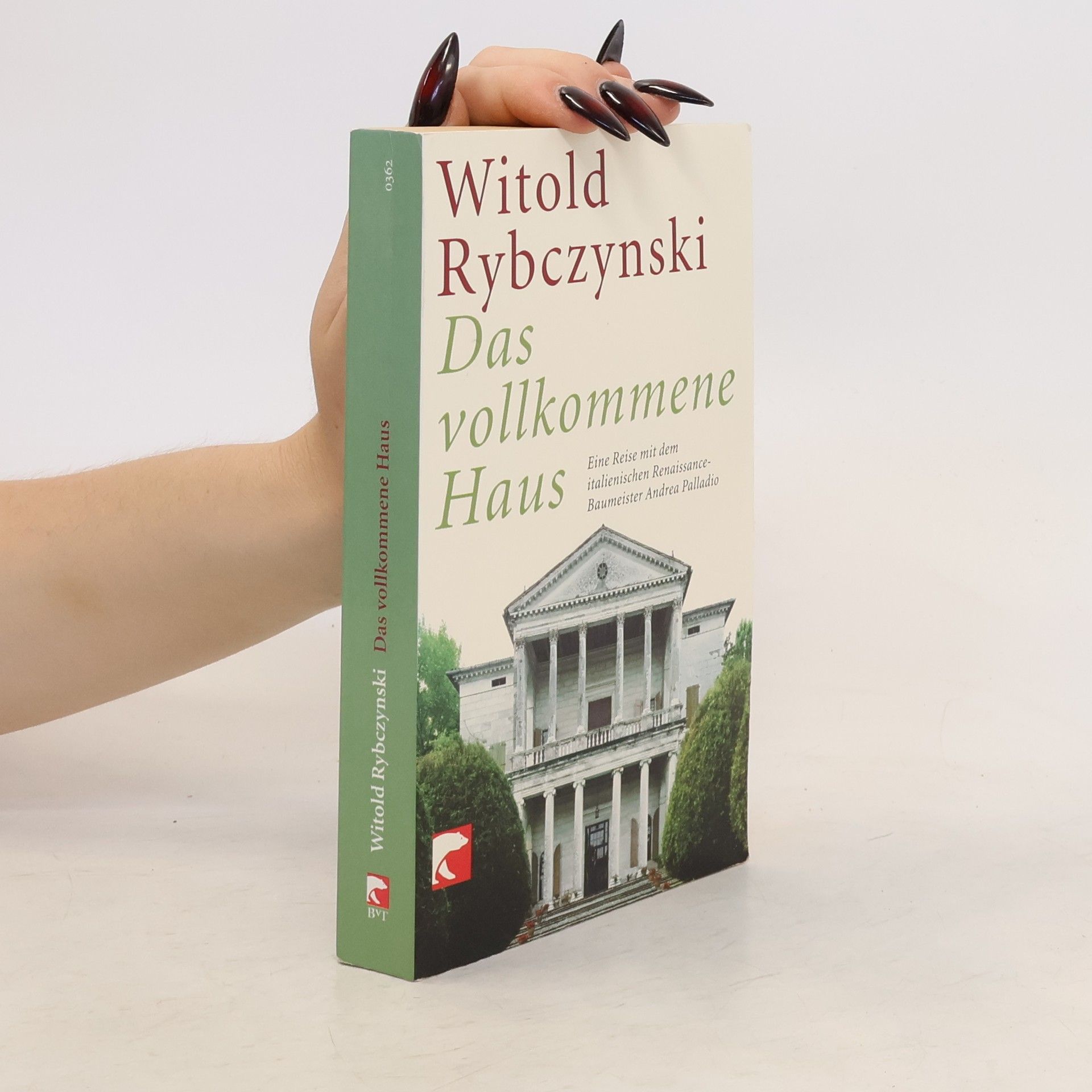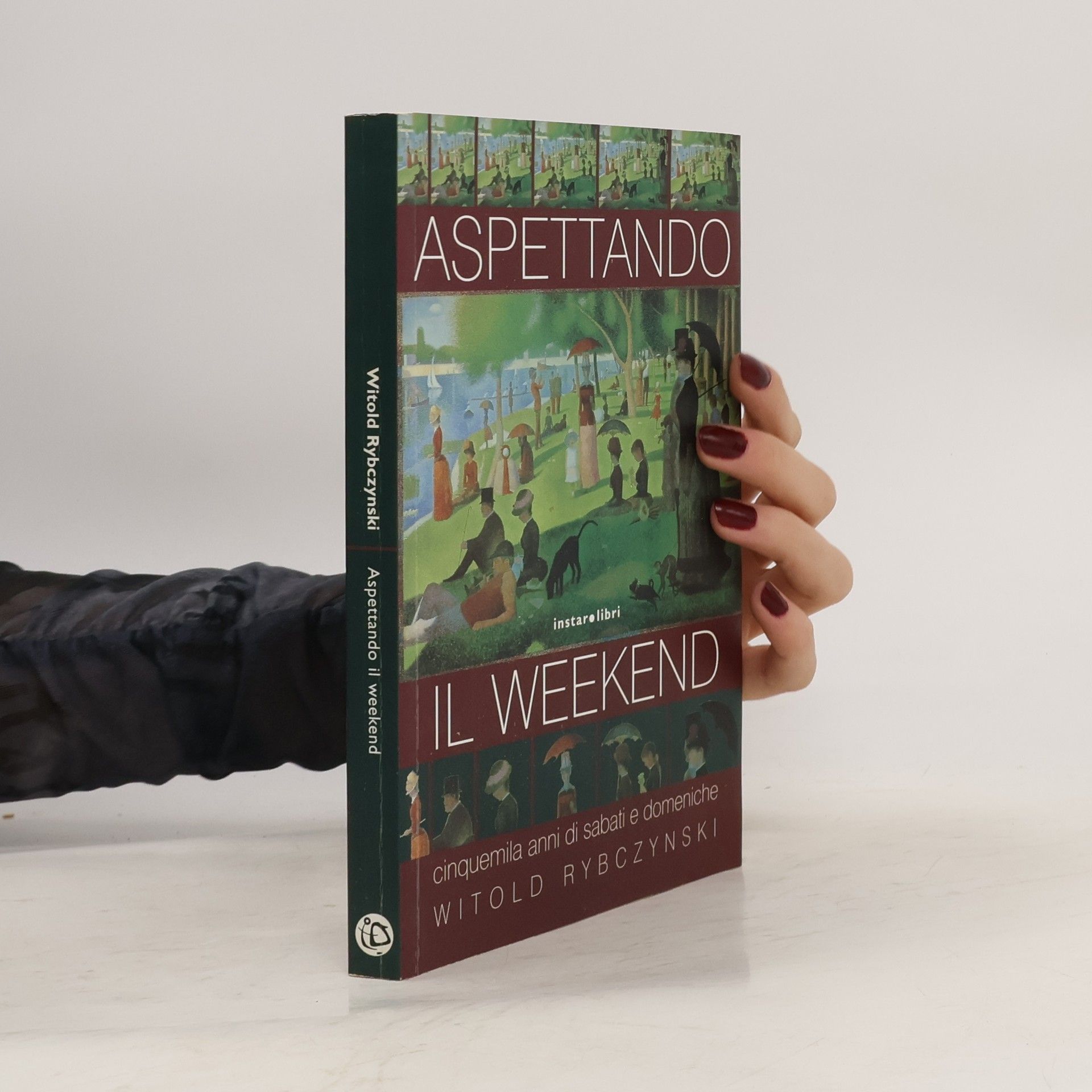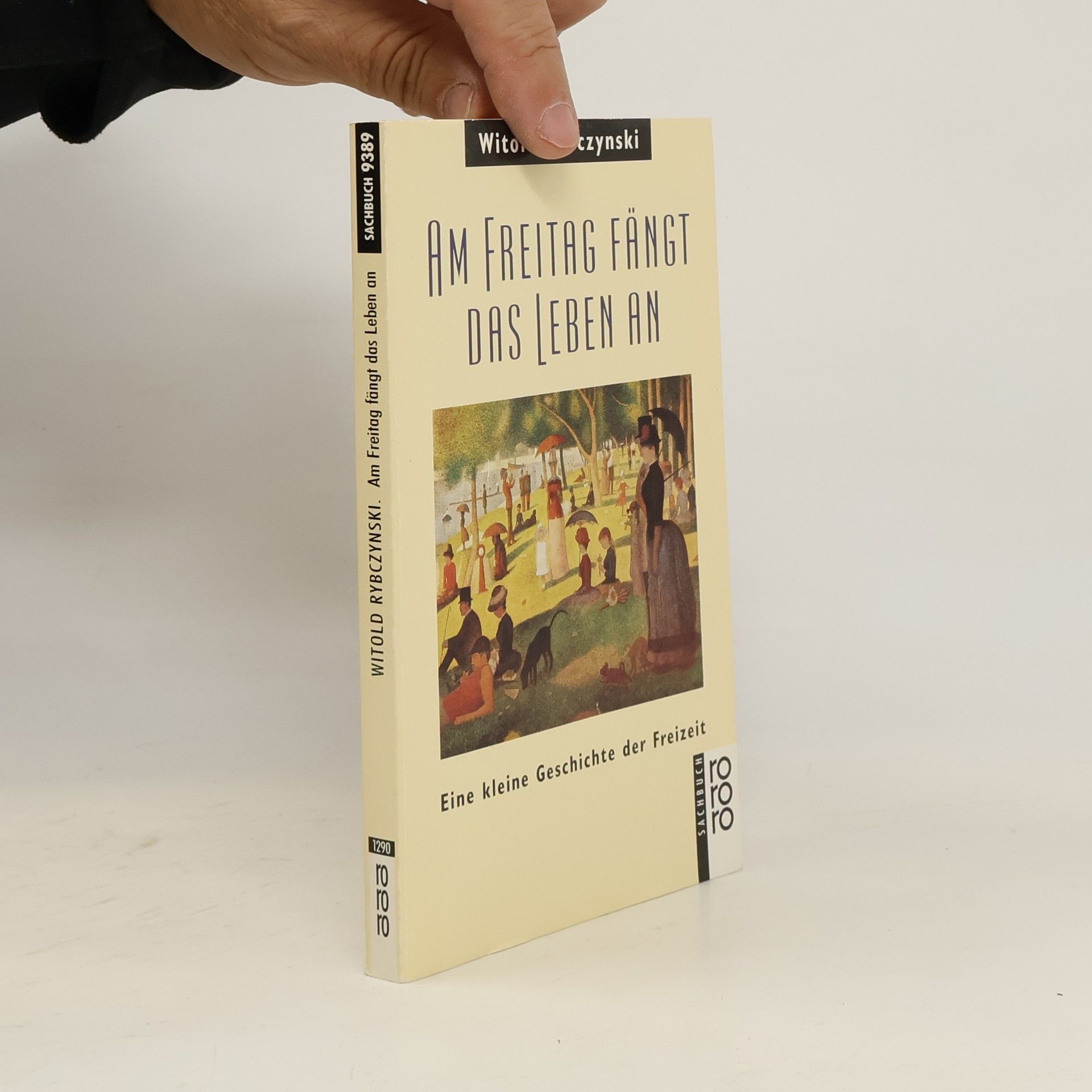An inviting exploration of architecture across cultures and centuries by one of the field's eminent authors
Witold Rybczynski Book order (chronological)
Witold Rybczynski is an author who explores the intricate relationship between architecture, urbanism, and the human experience. His writing is characterized by keen observation and a profound understanding of how space and environment shape our lives. Through his texts, he offers readers a unique perspective on the world around us. His works invite contemplation on the cities we inhabit, the homes we build, and the ways we live within them.
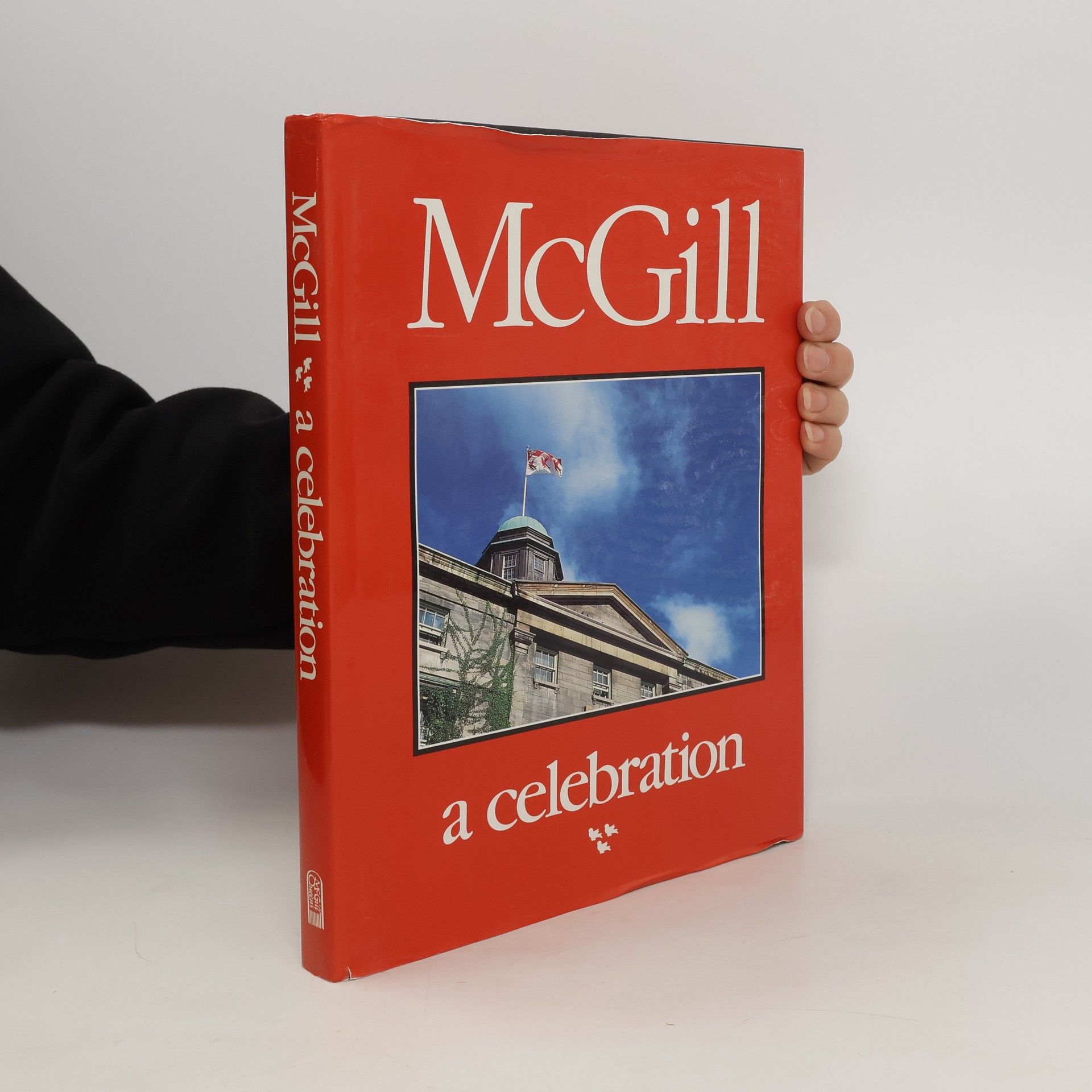
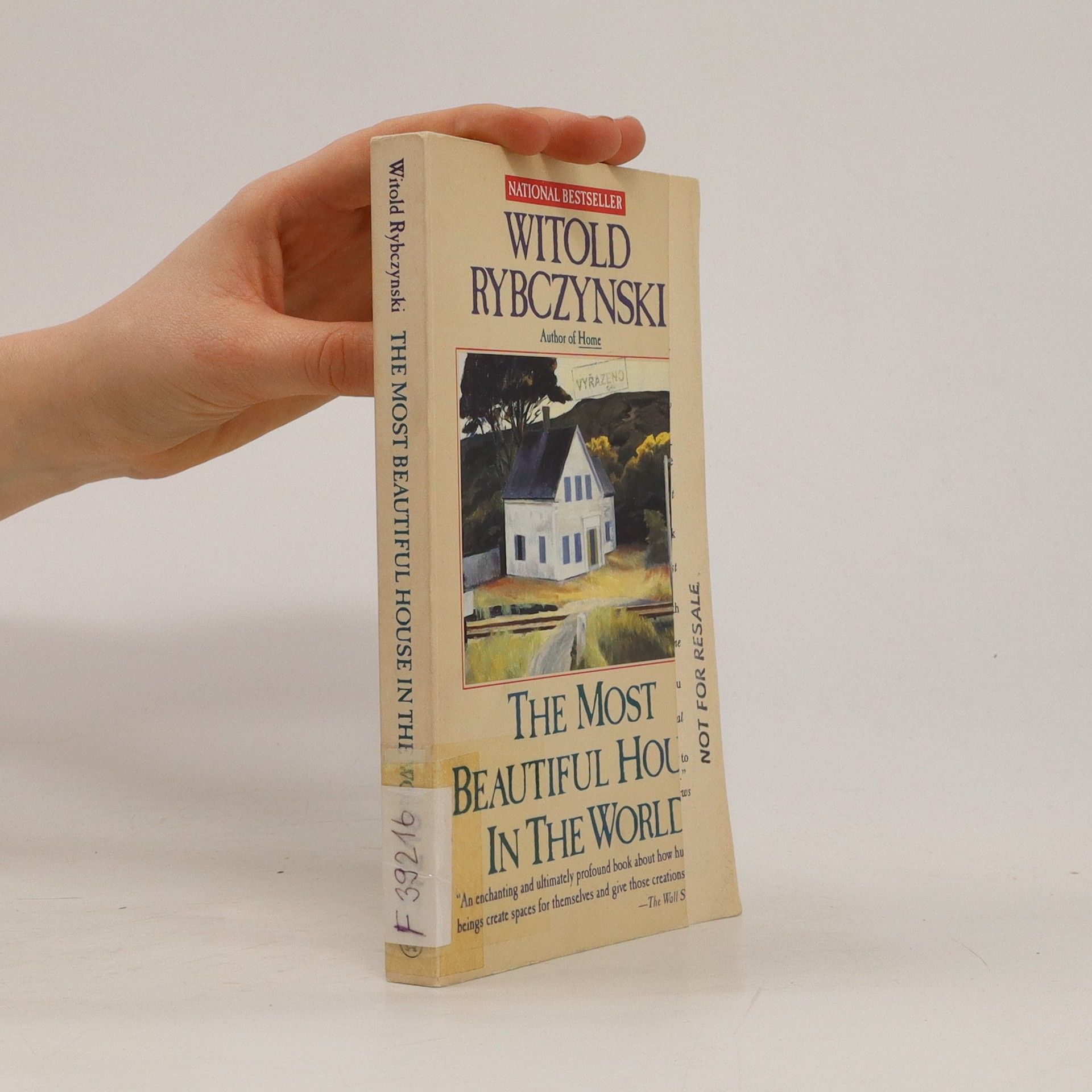
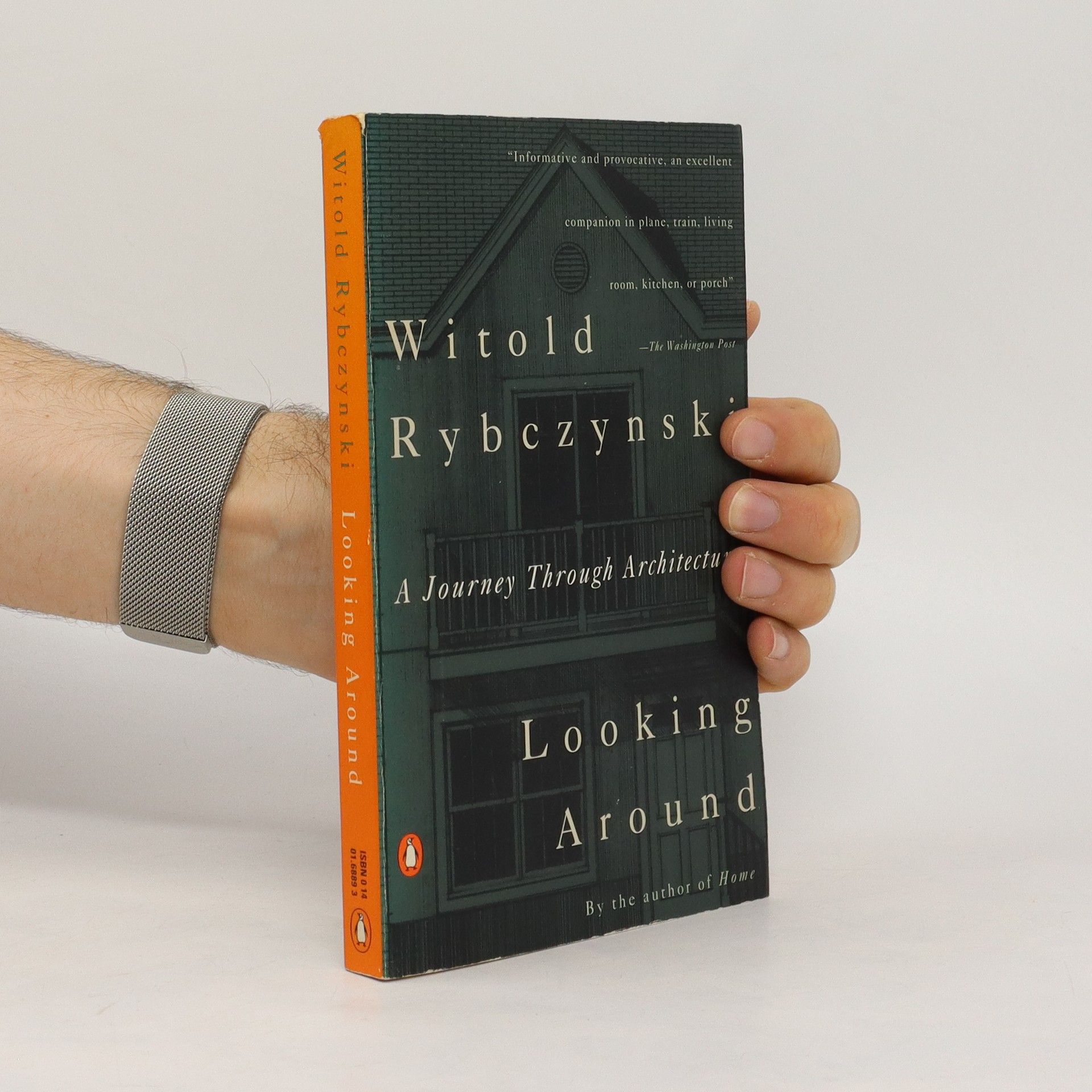



Charleston Fancy: Little Houses and Big Dreams in the Holy City
- 256 pages
- 9 hours of reading
Set against the backdrop of Charleston's historic charm, the narrative follows a diverse group of architects and builders from the 1980s who creatively reshape the city’s landscape. Among them are a self-taught builder, an Air Force pilot, and a bluegrass musician, each contributing unique structures that blend historical inspiration with modern design. Through their stories, Rybczynski highlights the significance of individual creativity in urban development and how a city's identity can evolve through innovative architecture.
Das vollkommene Haus
- 328 pages
- 12 hours of reading
Wie kaum ein anderer Architekt prägt der italienische Renaissance- Baumeister Andrea Palladio (1508-1580) bis heute unsere Vorstellung von einem schönen, „vollkommenen“ Haus. Was aber macht Palladios Häuser so einzigartig und „perfekt“? Rybczynski spürt den Geheimnissen von Palladios Baukunst nach. Kurzweilig, kenntnisreich und von ansteckender Neugier geleitet, führt er den Leser durch zehn Palladio- Villen.
Aspettando il weekend. Cinquemila anni di sabati e domeniche
- 224 pages
- 8 hours of reading
«Abbiamo inventato il weekend, ma i nuvoloni neri dei vecchi tabù incombono ancora sulla vacanza...» Quali sono le ragioni che ci hanno portato a organizzare la vita in cinque giorni feriali e due festivi? Come è diventato il finesettimana l'istituzione temporale principale dell'età moderna? Witold Rybczynski, architetto e critico d'arte, esplora la popolarità del sabato e della domenica nella storia umana, analizzando la trasversalità di questa pratica, influenzata da credenze popolari e usi quotidiani. Si interroga sulle radici astronomiche, religiose, sociali e persino biologiche di uno schema settimanale che sembra universale. Le sue osservazioni, curiose e documentate, esaminano il rapporto tradizionale tra lavoro e tempo libero e la sua evoluzione. Con l'aumento del benessere e delle opportunità ricreative, la libertà di non fare nulla nei giorni di pausa è diventata un obbligo di fare qualcosa. Un sottile filo collega l'ozio contemplativo dei patrizi romani alle nevrosi domenicali dell'uomo moderno. Seguire questo filo offre un modo originale e accattivante per comprendere l'animo umano.
An inspired, engrossing look at what architecture is and how we live and work in it
McGill, a Celebration
- 211 pages
- 8 hours of reading
A book of breath-taking beauty, McGill: A Celebration is an intimate chronicle of the people and events that have shaped the university.
Verlust der Behaglichkeit
- 280 pages
- 10 hours of reading
"A winning book, a pleasure to read…a revelation about what architects actually do and how they go about doing it." –Los Angeles Times Witold Rybezynski takes us on an extraordinary odyssey as he tells the story of designing and building of his own house. Rybezynski’s project began as a workshed; through a series of "happy accidents," however, the structure gradually evolved into a full-fledge house. In tracing this evolution, he touches on matters both theoretical and practical, writing on such diverse topics as the distinguished structural descendants of the humble barn, the ritualistic origins of the elements of classical architecture, and the connections between dress and habitation, and between architecture and gastronomy. Rybezynski discusses feng shui, the Chinese art of placing a home in the landscape, and also considers the theories and work of such architects as Palladio, Le Corbusier, and Frank Lloyd Wright. An eloquent examination of the links between being and building, The Most Beautiful House in the World offers insights into the joys of "installing ourselves in a place, of establishing a spot where it be safe to dream."
Home: A Short History of an Idea
- 272 pages
- 10 hours of reading
Walk through five centuries of homes both great and small--from the smoke-filled manor halls of the Middle Ages to today's Ralph Lauren-designed environments--on a house tour like no other, one that delightfully explicates the very idea of home.You'll see how social and cultural changes influenced styles of decoration and furnishing, learn the connection between wall-hung religious tapestries and wall-to-wall carpeting, discover how some of our most welcome luxuries were born of architectural necessity, and much more. Most of all, Home opens a rare window into our private lives--and how we really want to live.
